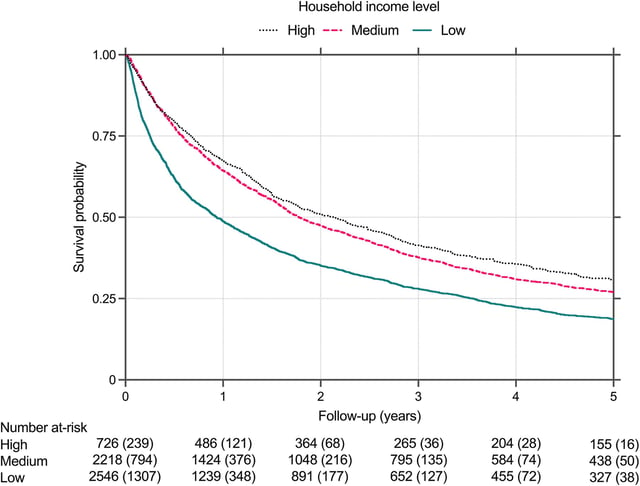Overview
- A nationwide study from Sweden revealed that low-income patients face a 30% higher mortality rate from hepatocellular carcinoma (HCC) compared to higher-income groups.
- The research highlighted that low-income patients are five times more likely to develop HCC and are less likely to receive early diagnoses or curative treatments.
- Advanced statistical mapping is being employed to identify socioeconomically deprived areas for pilot liver cirrhosis screening programs, a key step in early HCC detection.
- Cirrhosis, often caused by chronic alcohol use or hepatitis, is the primary risk factor for HCC, underscoring the importance of early intervention in at-risk populations.
- The findings challenge assumptions about equitable care in Sweden's universal healthcare system and call for systemic reforms to ensure timely and accessible treatment for all income groups.
